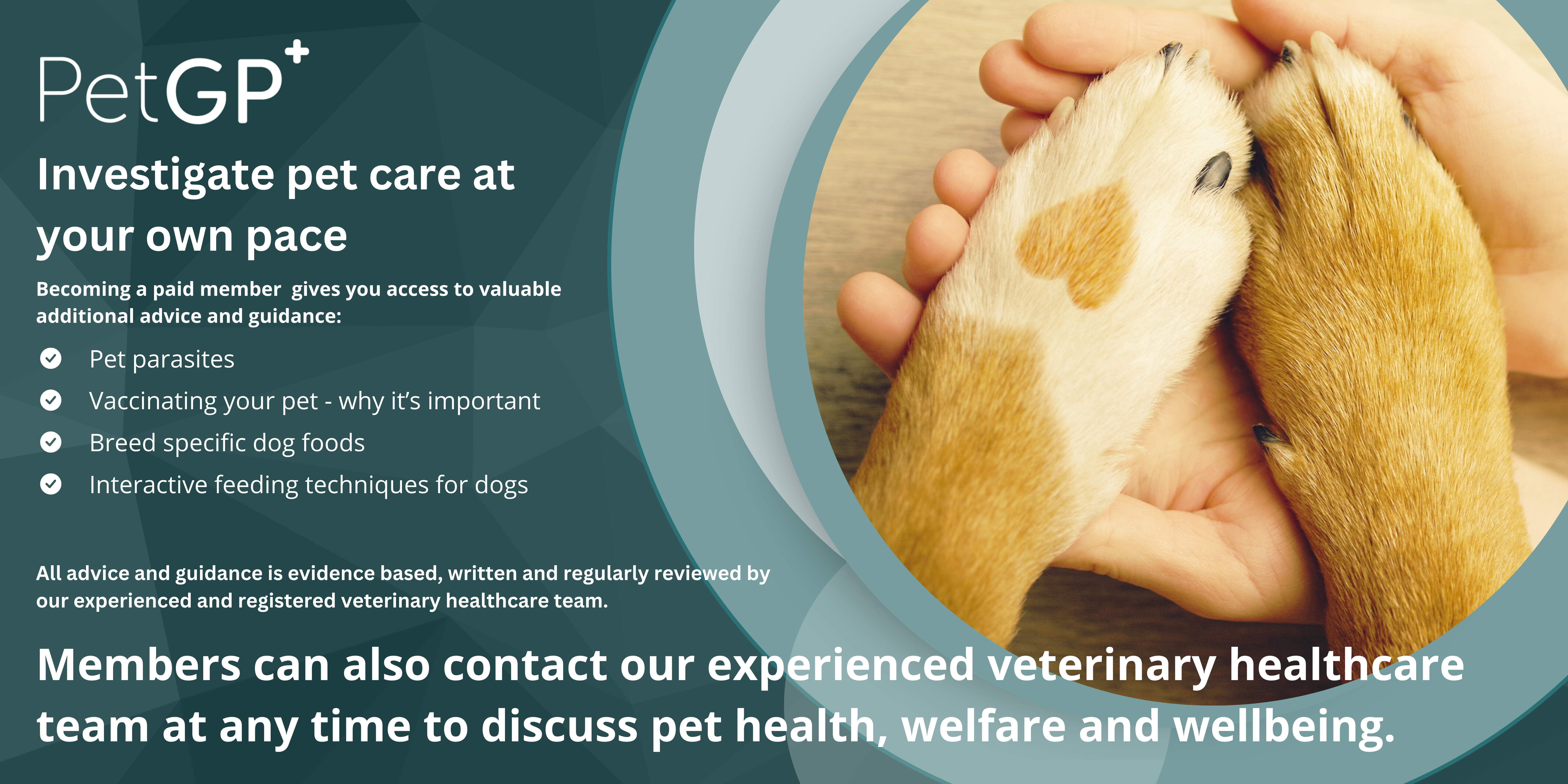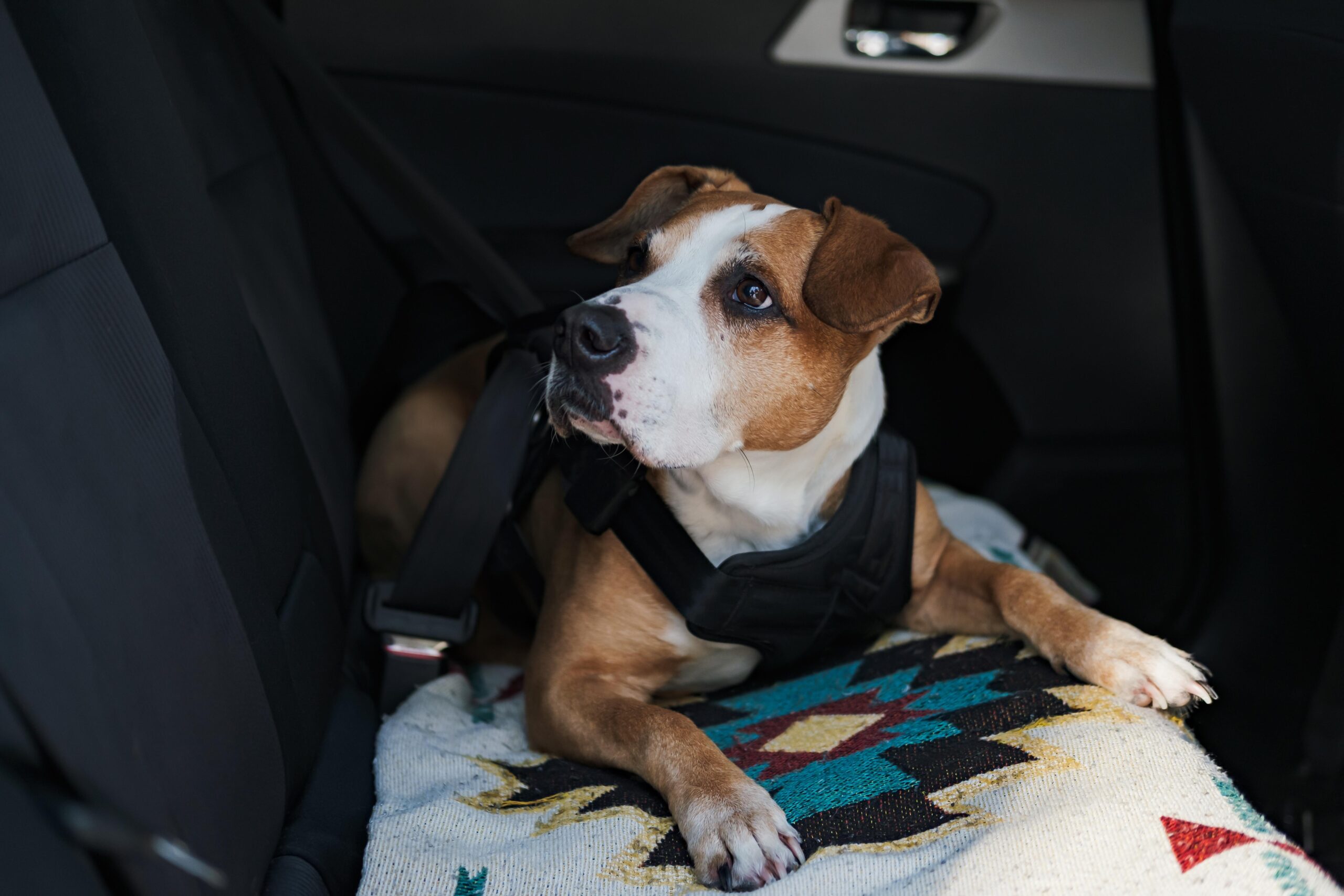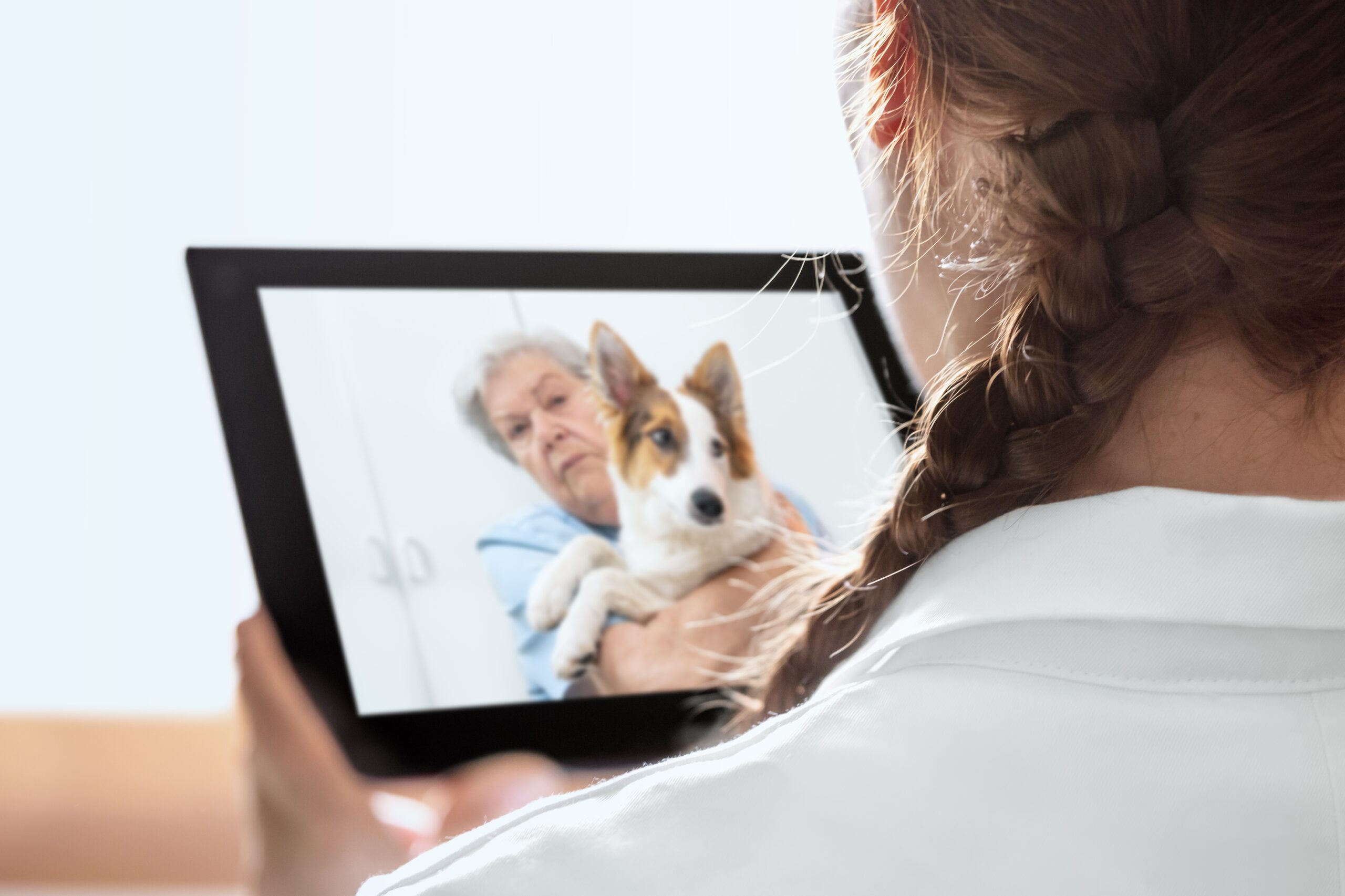How can I keep my Dog healthy?
As owners, we all want to keep our dogs as happy and healthy as we can. This is for their own sake, and to help us avoid unnecessary visits to the vets. But how can we do this? Here are tips on how you can help to prevent your dog from becoming unwell.
Why does it matter?
Keeping your dog healthy consists of keeping them comfortable, safe and free from disease, for as long as we possibly can. This is important because it gives your dog the best quality of life. It can also reduce the number of times your dog needs to visit the vets for treatment while in your care. This will both save you money and avoid stressful visits for your pet.
To keep your dog healthy, you need to take preventative steps before any problems arise. It’s a good idea to set good habits in place as soon as you decide on getting a dog. There are steps you can take at each stage in your pet’s life. A dog’s needs will vary throughout their life, and as such, the care you give to keep them healthy will also change. If you need any additional advice or support, please contact our nurses or discuss this with your vets or vet nurses.
Pre purchase considerations.
If you are planning on buying a puppy, there are a few things you can talk to the breeder about to ensure that they have had the best start in life. It’s a good idea to ask if you can meet both parents. Ask if they have had any medical problems in the past. Some breeds will have testing done before they are bred from. For example, many Labradors will have been Hip Scored to assess the likelihood of the puppies developing joint problems in the future. If you are unsure whether the breed you are looking at would normally have any of these tests, you can contact your Veterinary healthcare team or one of our Veterinary Nurses.
Nutrition
It's important to find out what diet the breeder has been feeding. There are lots of different puppy foods available. It is helpful to carry on with the same diet for the first few weeks once the puppy is in their new home. This can help to prevent stomach upsets. Feeding a food specifically tailored to a growing puppy means they will receive all the nutrients they need. As your dog get older, they will be able to move on from puppy food. This may be a move to a junior or an adult specific diet. There are lots of different food options out there. Choosing the right one to keep your dog healthy can seem difficult. For more information on how to choose the right food, you can contact your Veterinary healthcare team or one of our Veterinary Nurses.
Parasite prevention
Puppies need regular treatment for worms and fleas. Most breeders will have started this before they are ready to leave their mothers care. It’s a good idea to find out what the breeder has been treating them with, and when they were last given a treatment. This will help your vet advise on when they will need treating again once they’re settled in their new home. For more information on worm and flea prevention, please talk to your vet.
Vaccination
Young puppies also need to start their vaccination courses. These are injections that help to prevent several very serious diseases. Dogs need to have an initial course of two injections, normally with 2-4 weeks in between. They then need yearly boosters throughout their lives. Depending on the breeder, some puppies will have already had their first vaccines. Most breeders will give you a vaccination card if this is the case. Take this along to your vets and they will be able to complete the initial course.
If your puppy has not had any vaccinations yet, contact your vet as soon as you have your puppy. The surgery will organise an appointment for you. It is important that you do not let your puppy down on the floor in public areas until a week after they have had their second vaccination. It is also essential to keep them away from other dogs unless you know they are fully vaccinated. This is so that they do not catch any of the diseases before they are fully protected. For more information on vaccinations, you can contact your Veterinary healthcare team or one of our Veterinary Nurses.
Veterinary Healthcare
For a young dog, there are a few other things you can do to keep them fit and healthy. Whether they’ve already had their vaccinations or not, it’s a good idea to get them registered with a local vet. They will normally offer monthly check-ups until they are 6 months of age. These offer a perfect opportunity to talk to a nurse about any concerns you have. They also ensure you are keeping them up to date with worm and flea treatment and monitoring their weight.
Microchipping
Microchipping is an important way of ensuring that should your dog go missing, they can be traced back to you. Since 2016, it also a legal requirement for all all dogs in England, Scotland and Wales to be microchipped. They should be the breeder by the time they are 8 weeks old. Your breeder should give you all the information you need to change the registration details over to your own once it is in your care. It is important to keep these up to date. If the worst should happen, the chances of being reunited with your dog are improved. For more information on Microchipping, you can discuss it with your vet or vet nurse at the next check up or call one of our Veterinary Nurses. .
Exercise
As your dog gets older, it’s a good idea to get into good habits with your dog’s exercise. All dogs need different amounts of exercise depending on their size and energy levels. Taking them out for walks is a great way to have fun together. Until they are fully grown, it’s a good idea to avoid lots of jumping or leaping up or down off things. This will avoid any damage to their growing bones. There’s still lots of fun to be had; training your dog can be very rewarding for both of you. Lots of people offer training classes or you can find resources online here.
Preventative Care
As well as training tricks, it is a good idea to get your dog used to some simple health checks that you can do at home. Home care can be a great way to bond and spot issues early. To keep their teeth as healthy as possible, it is great to get them used to daily tooth brushing. It’s also helpful to get them used to having their paws, ears, and eyes examined, so that you can check these for any problems. To easily keep an eye on their weight at home, it can be a good idea to get used to doing regular Body Condition Score checks.
Neutering
It’s also a good idea to have a think about getting your pet neutered. Neutering can help to avoid certain illnesses, such as Pyometra in bitches, and testicular cancer in males. It also stops unwanted litters of puppies and can help with certain behaviour issues. For more information on the pros and cons of neutering, discuss it with your vet or vet nurse at your pet’s next check-up.
Adult Care
As your dog enters adulthood, or if you are getting an adult rescue dog, it’s important to carry on with yearly vaccination boosters and year-round parasite prevention treatment. They will be able to move on to an adult specific diet. There is a lot of choice, and it can be difficult to decide what sort of food you want to feed. Now your dog has stopped growing, it can be a good time to start with more strenuous activities. These include agility, flyball or running, if this is something both you and your dog would enjoy.
It’s important to keep up with regular exercise. Ensure this is tailored to your dog’s ability and energy levels. Monitor their Body Condition Score to ensure they are staying at a healthy weight. As well as keeping up with the home health checks – eyes, ears, paws, and teeth, it’s a good idea to regularly check your adult dogs over for any lumps and bumps they may have developed. Not all lumps will be serious. Finding them early, and getting them checked out by your vet will ensure that any that might be can be dealt with.
Senior Care
As your dog ages, it becomes even more important to try and keep them healthy. Vaccinations and parasite treatment are still just as important for their care. Most vet practices will also offer senior pet health checks. These allow you to discuss any of concerns. They can also give you advice on how to help your dog age as well as possible. It is often a good idea to move your pet over to a senior diet. These diets are tailored to provide older dogs with the nutrients they need.
They may start to slow down or become stiff after exercising. As they age we need to keep up regular exercise, but walks may need to become shorter and less strenuous. Older dogs may not be able to manage such lively games and tricks. If you notice your dog becoming stiff or lame, then contact your vet. They may be able to suggest supplements or medications that can help keep them comfortable for as long as possible.
Keeping your dog at an ideal weight is even more important as your dog ages. It will reduce the strain that is put on their joints and body. Regular Body Condition Score checks can help with this. It’s very easy for a previously very active dog to gain weight as they reduce their exercise.
Health Checks
Regular home health checks are even more important now. As well as checking for lameness and stiffness, it’s important to monitor for any signs of blindness or deafness, as well as checking for lumps and bumps. Many elderly pets struggle with broken or sore teeth. Continuing to brush their teeth and regularly check their mouth is a good idea. It’s also important to monitor how much they are eating and drinking. This can often give the first sign that they are developing an illness.
There are many ways to help your dog stay as healthy as possible. For dog’s of all ages, it is important to keep them up to date with vaccinations and treatment for parasites. It’s also important to ensure they are being fed a suitable, balanced diet and are getting enough exercise. At home, you can monitor their Body Condition Score to help them stay a healthy weight. You can also regularly brush and check over their teeth, and check them over for any lumps and bumps. For puppies, consider neutering and ensure they have been microchipped. For senior pets, it is important to monitor activity levels and mobility, as well as looking out for changes to their thirst or appetite.
Organisation
It can be very helpful to keep a record of your pet’s preventative healthcare treatments and health checks. Keeping a folder or notebook with care details is a great idea. These are details about when they were vaccinated, treated for parasites, etc can make it easier to keep on top of when they are due next . Many veterinary practices or pet shops will have reminder services for these as well. When carrying out body condition score checks, monitoring food or water intake, or checking your dog over for lumps and bumps, make a note of these so that you can compare the results over time. This will also be helpful to be able to refer back to if your dog does become ill.
Trust Yourself
As pet owners, you know your dog better than anyone. You care for them daily, so if you notice any changes in their behaviour, appetite or thirst, or toileting habits, or anything else that concerns you, then contact us or your vets for more advice. The sooner most illnesses are identified and dealt with, the better.





